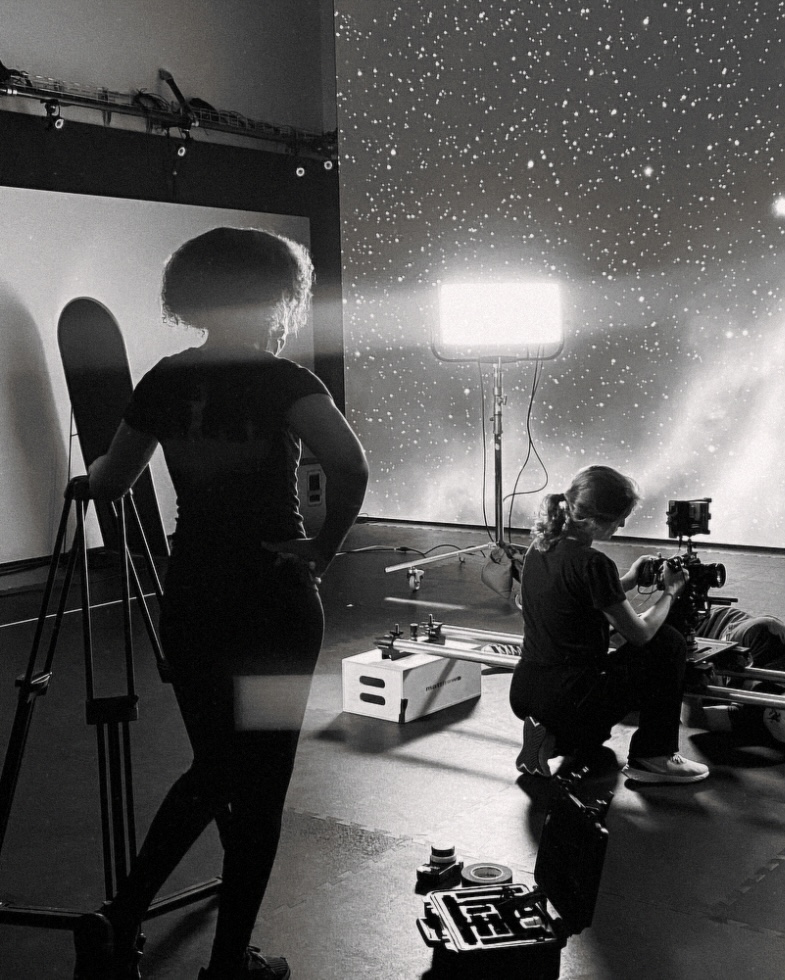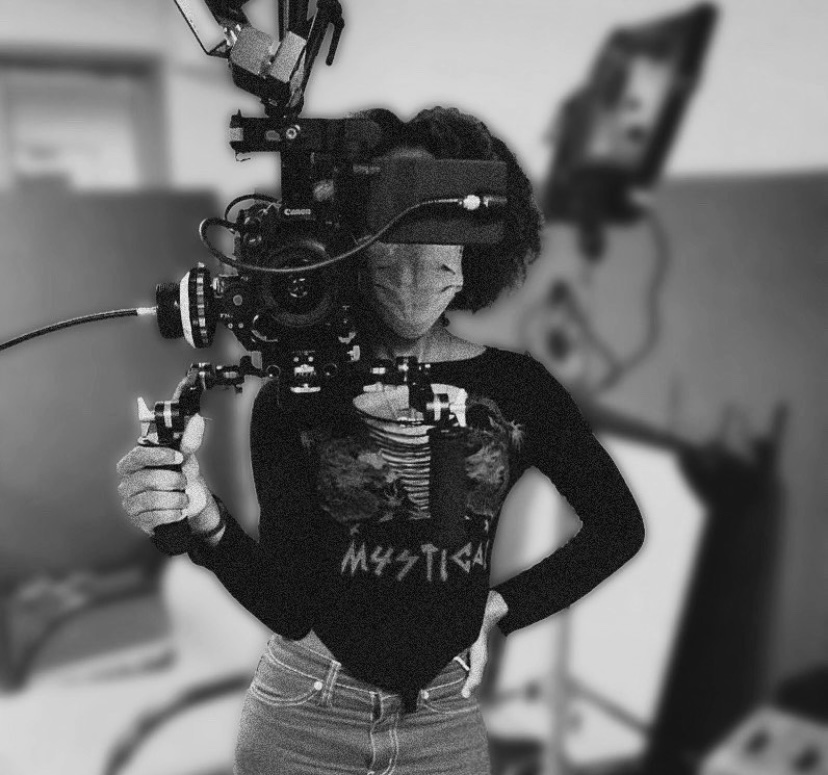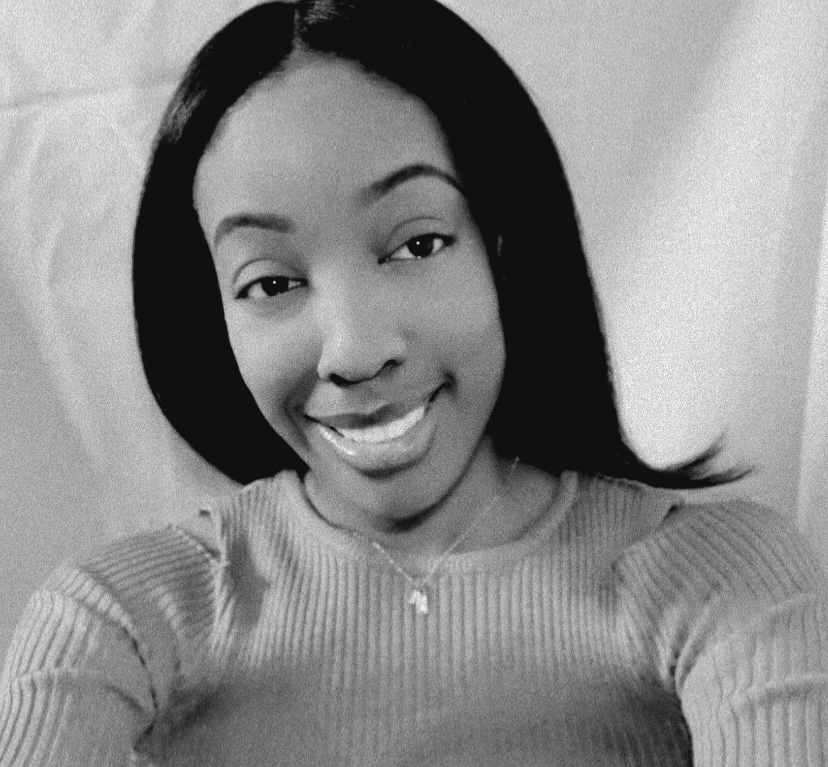We recently connected with Femi Barker and have shared our conversation below.
Femi, looking forward to hearing all of your stories today. What sort of legacy are you hoping to build. What do you think people will say about you after you are gone, what do you hope to be remembered for?
The sort of legacy I’m hoping to build is one where young women see themselves reflected in places where they were once invisible, like behind the camera. I want to be a part of a movement that shows them they belong in every space, from film sets to boardrooms. My message to those women would be “Create your own stories, claim your power, and always remember that your perspective is needed.” As one of few Black women in the camera department for Film & TV, I strive to break down barriers.
To me, “Legacy” is not just something we build to leave behind, but it’s how we make others feel and how we inspire them in the now. It’s about the values we bestow, the beautiful connections we build, and how we impact those around us. It reminds me of the small, everyday moments that come about, whether its offering a kind word, helping those in need, or standing up for what’s right. I would hope that at the end of the day, my legacy is what others carry forward in their hearts and actions. Even if it just paves the way for one person – it’s a powerful thing to consider.
I hope people remember me for spreading positivity, being kind, being a hard worker, randomly doing silly things to make people smile, and motivating others to chase their dreams. Most of all, I hope they’ll say “Femi kept going when everyone else would’ve stopped.”
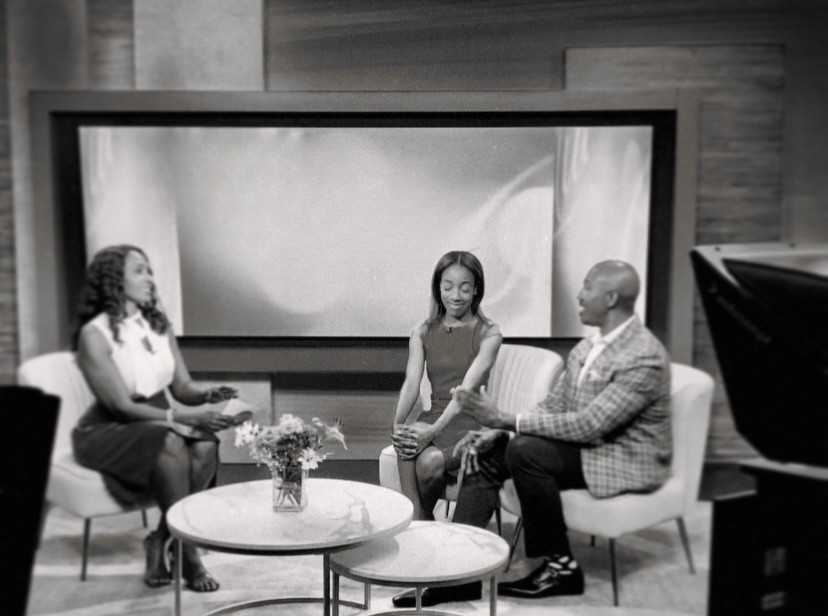
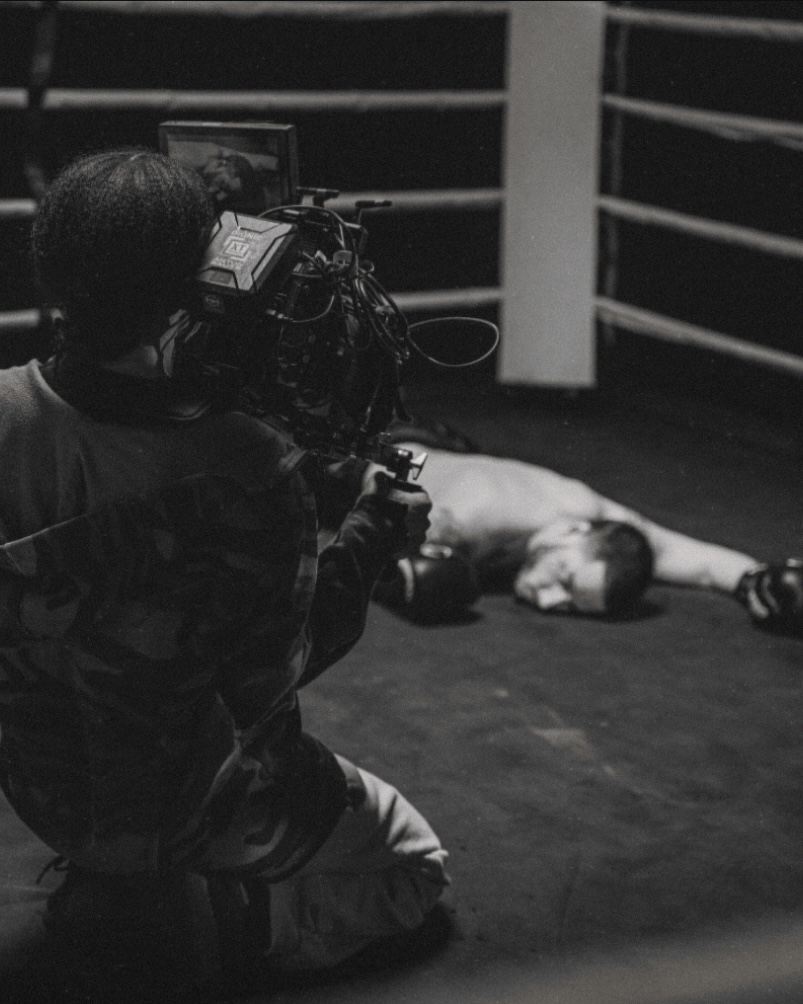
Great, appreciate you sharing that with us. Before we ask you to share more of your insights, can you take a moment to introduce yourself and how you got to where you are today to our readers.
I’m a proud native of Atlanta, a recent graduate from Georgia State University with a Bachelor’s in Film, and a certified professional from the Georgia Film Academy. Most people personally know me as Femi, but I am also the creative behind the name VideoCinesei. My brand name, VideoCinesei, is a blend of two powerful ideas that reflect both my craft and my philosphy . “Cine” represents my love for cinema and the world of storytelling. “Sensei” is inspired by the concept of mastery-teachers who lead by example, often quietly, and humbly. They let their work and discipline speak louder than their presence. The name is a way of honoring the art form while also staying true to who I am: someone who values the message over the messenger. It’s why I tend to cover my face on my social media page. In a world where social media often places so much emphasis on personal branding, I’ve chosen to let my work speak for itself free from any distractions or preconceived notions about who I am.
I offer videography and photography services through my production company, Ohbark Blue Productions. In addition to my freelance work, I also have the privilege of working at Panavision, the world’s most renowned camera rental house, where I continue to learn and grow in the craft. My work combines technical and creative precision with emotional storytelling, aiming to create visuals that resonates deeply with audiences. Most people don’t know, but along the way I’ve been mostly self taught. I’m constantly pushing myself to learn techniques and expand my skill set. I’ve always been driven on the desire to improve and innovate. Starting out, there wasn’t a clear path laid for me, so I had to find my own way. I studied numerous amounts of film theory, experimented with different film cameras, lights, and lenses, and learned from every project I took on. I’ve had the privilege to direct and lead the production for a range of projects such as short films, documentaries, podcasts, music videos, and more. Being the driving force behind these works through Ohbark Blue Productions has been both challenging and rewarding allowing me to experiment and push my creative boundaries. My experiences has deepened my belief in the power of film to connect, inspire, and change perspectives. What sets me apart is my dedication to representation and persistence in the face of challenges. My mission is to continue pushing boundaries and creating work that speaks to the stories that need to be told.
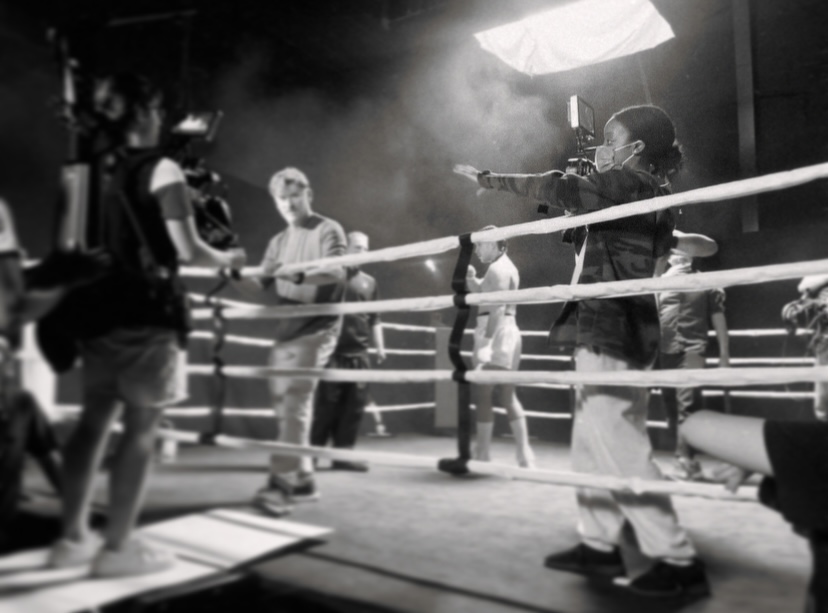
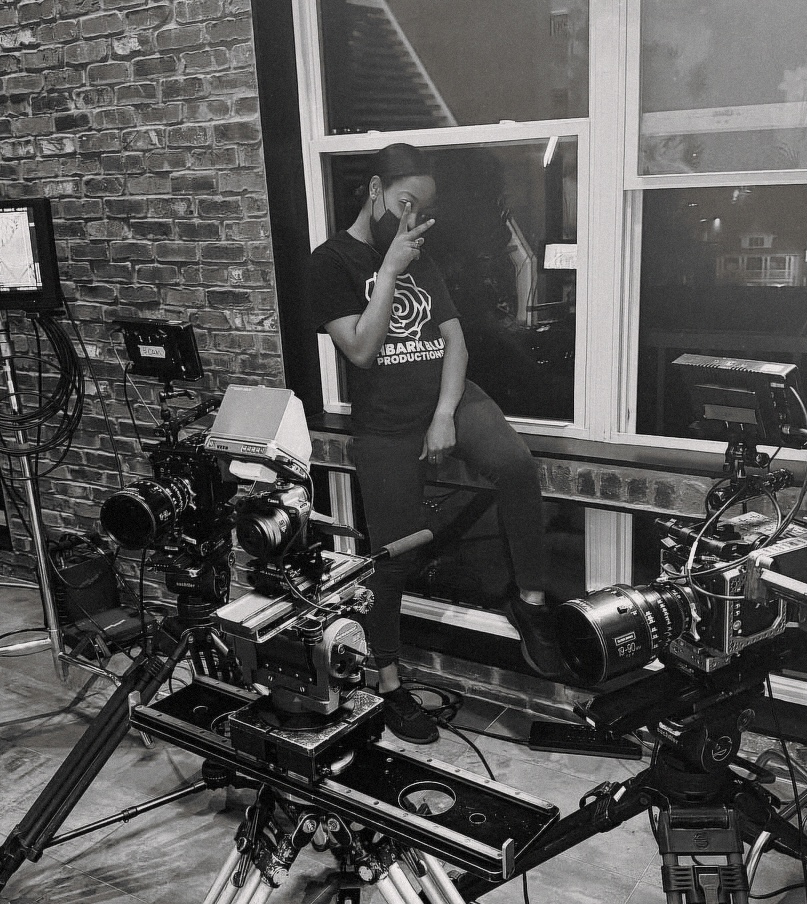
We often hear about learning lessons – but just as important is unlearning lessons. Have you ever had to unlearn a lesson?
One of the biggest lessons I had to unlearn was the belief that I didn’t belong in the camera department. Film, especially the technical side, has traditionally been a male-dominated space, and being a woman – particularly an African-American woman- made me feel like I didn’t have the same space or credibility as others. Early on I always second guessed myself, doubted my work, wondered if my ideas or presence would be accepted, or if I’d be overlooked simply because of who I am. It’s a real mental setback that not only I struggled with, but many women have struggled with. But the great aspect about time is that I realized the industry needs more voices, more perspectives, and more diversity. It needs people to bring uniqueness to the table, and that’s really what the industry is craving. I had to unlearn the fear of not being accepted and embrace the truth that my voice, my vision, and experiences matter. I had to pick myself up, and realize that I and many others who do what I do are creating spaces for one another and for others coming up behind us.
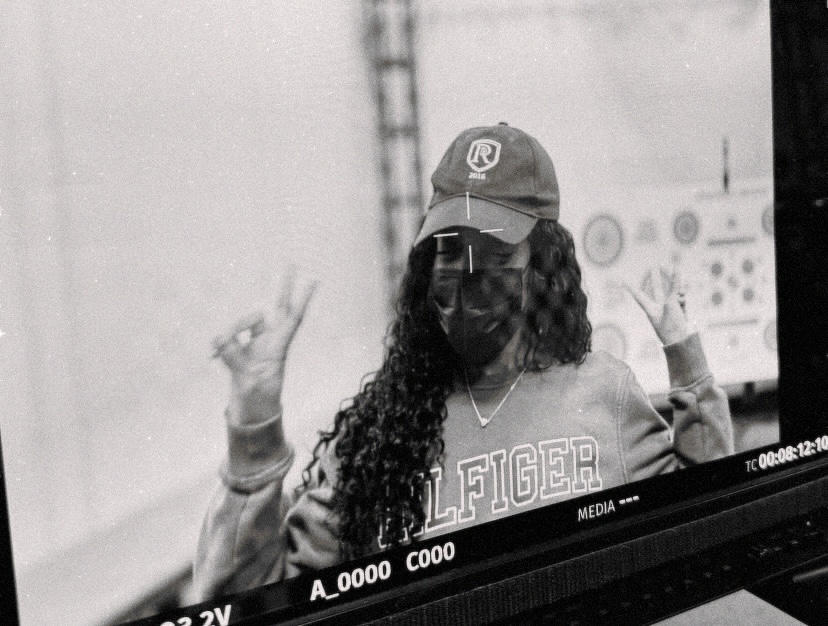
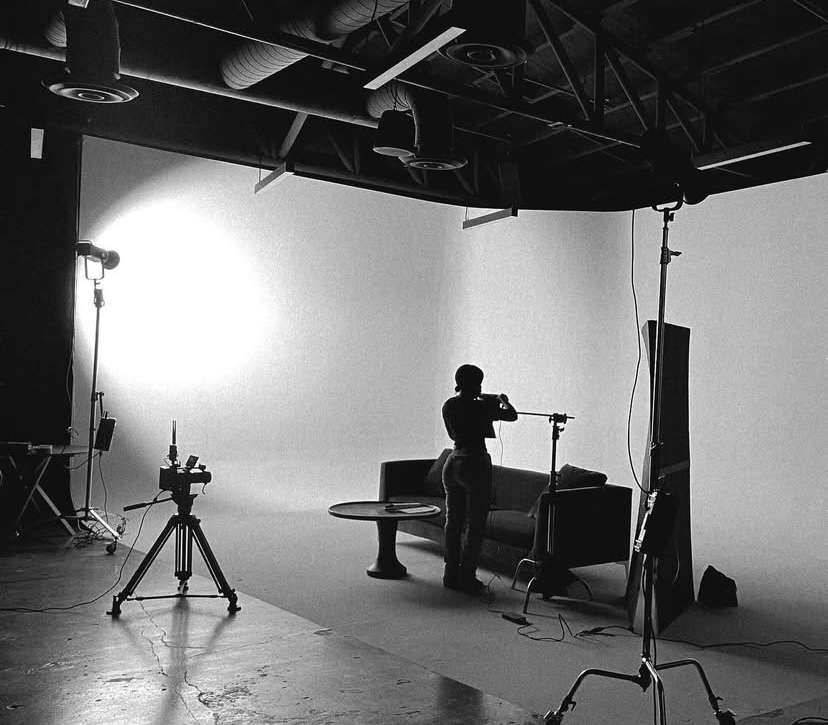
Do you think there is something that non-creatives might struggle to understand about your journey as a creative? Maybe you can shed some light?
One thing I think non-creatives often struggle to understand about my journey is how deeply rooted and serious my work in film is. There’s often this misconception that what I do is just a hobby or something “fun”, and the degrees in film or working in the industry don’t hold the same weight as other more traditional career paths. I’ve encountered people who believe that film is just about “playing with cameras” or telling stories for entertainment, but the reality is far more complex. The film industry is one of the most intricate and secretive spaces which is why I feel a lot of people don’t understand it. Behind every frame, every decision, and every project, there’s a massive amount of planning, technical skill, and collaboration we go through. What people don’t see is the amount of hard work we put in. We’re talking long hours, overcoming challenges, and the need to constantly evolve with new technologies and storytelling techniques. It’s not just about making pretty images or something that looks good on screen; it’s about shaping experiences, influencing culture, and pushing boundaries. I would hope people understand that my journey as a creative is just as serious and demanding as any other professional field.
Contact Info:
